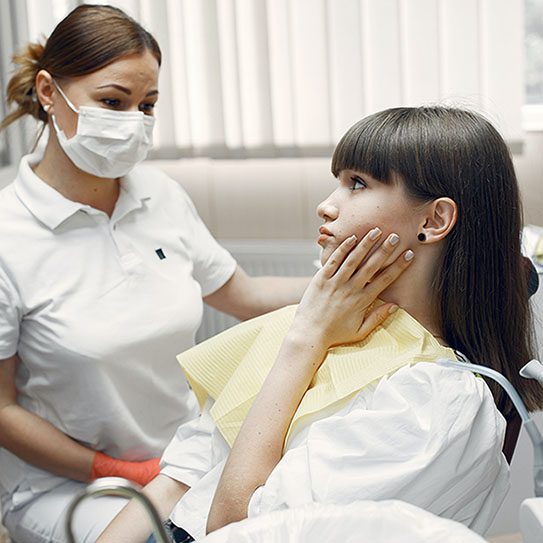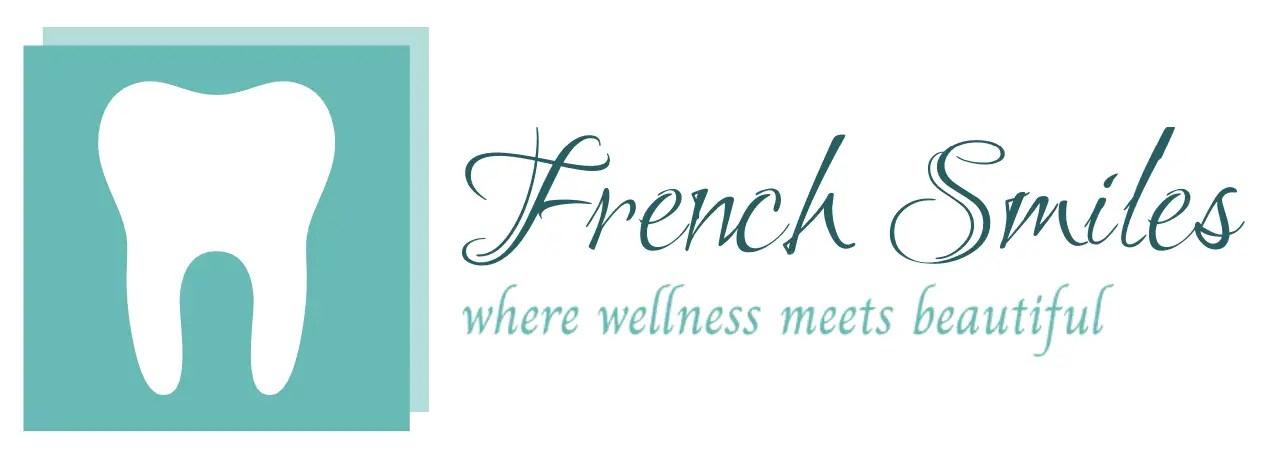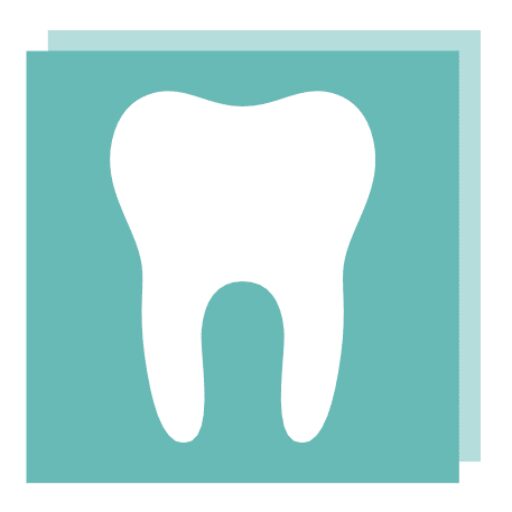
Emergencies can happen at any time, including dental emergencies. Knowing when to seek an emergency dentist is crucial for preserving your oral health and preventing further complications. At French Smiles in Snellville, we understand the importance of prompt attention to dental issues. Let’s discuss common dental emergencies, signs that indicate you need to see your emergency dentist, and the steps to take when faced with urgent dental situations.
Identifying Dental Emergencies
Dental emergencies come in several categories, including:
- Severe Tooth Pain: Persistent and severe toothaches could indicate an underlying issue such as an abscess, infection, or dental trauma. If you experience intense and unrelenting tooth pain, it’s essential to seek immediate dental care.
- Knocked-Out Tooth: Accidents or injuries can result in a knocked-out tooth. In such cases, time is of the essence. Retrieving the tooth, handling it carefully by the crown, and seeking emergency dental care within 30 minutes greatly increase the chances of successful re-implantation.
- Broken or Cracked Tooth: Fractured or cracked teeth can expose the sensitive inner layers, leading to pain and increased risk of infection. Depending on the severity of the fracture, immediate dental treatment may be necessary to prevent further damage.
- Loose or Dislodged Tooth: Any trauma or injury that causes a tooth to become loose or dislodged from its socket requires urgent attention from your emergency dentist. Prompt intervention can help stabilize the tooth and prevent permanent tooth loss.
- Swelling or Abscess: Facial swelling, accompanied by fever and pus discharge, may indicate an abscessed tooth or gum infection. These conditions can pose serious health risks if left untreated and should be addressed promptly by a dental professional.
- Bleeding Gums: While minor gum bleeding during brushing or flossing is common, persistent or excessive bleeding could be a sign of gum disease or other underlying issues. Seeking dental care can help diagnose and treat the cause of the bleeding.
- Lost or Damaged Dental Restoration: If a dental crown, filling, or bridge becomes loose, damaged, or dislodged, it’s important to have it repaired or replaced promptly to prevent further complications and protect the affected tooth.
Steps to Take Before Getting to the Emergency Dentist
Here are the proper steps to take to ensure that you arrive at the emergency dentist with the best chances of successful treatment:
- Contact Your Dentist: If you experience a dental emergency, contact your emergency dentist at French Smiles in Snellville immediately. Our team is prepared to handle urgent dental situations and will prioritize your care.
- Manage Pain and Discomfort: While awaiting your dental appointment, you can manage pain and discomfort with over-the-counter pain relievers and cold compresses applied to the affected area.
- Preserve Knocked-Out Tooth: If a tooth has been knocked out, carefully rinse it with water, avoiding touching the root, and place it back in its socket if possible. Alternatively, store the tooth in milk or saliva until you can see your dentist.
- Avoid Delaying Treatment: Dental emergencies rarely resolve on their own and may worsen over time if left untreated. Seeking prompt dental care is essential for preventing further damage and achieving the best possible outcome.
Be Prepared by Planning Ahead
Knowing when to seek emergency dental care can make a significant difference in preserving your oral health and preventing complications. At French Smiles in Snellville, our experienced team is dedicated to providing timely and compassionate care for all your dental emergencies. If you’re experiencing a dental emergency, don’t hesitate to contact us immediately. Your smile deserves the best care, even in urgent situations.


